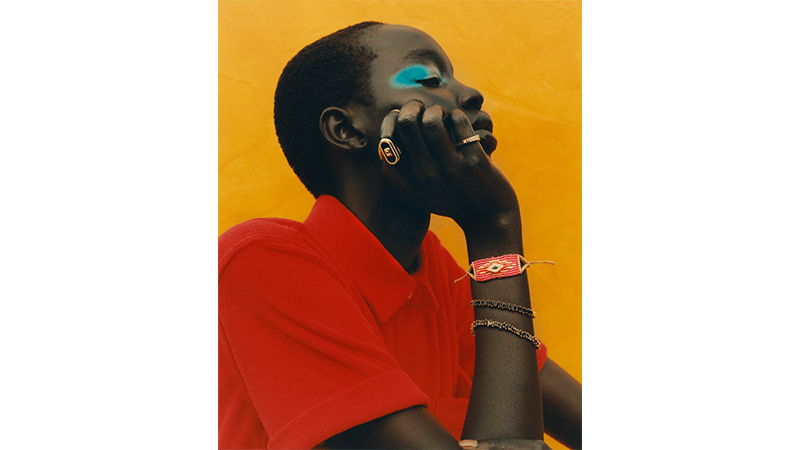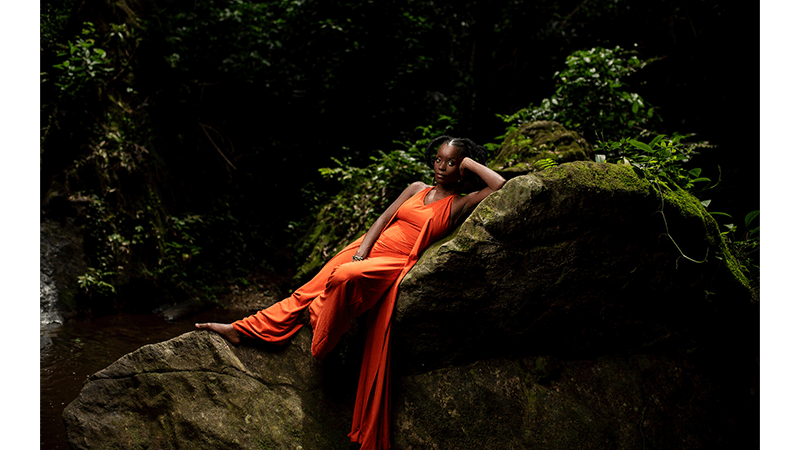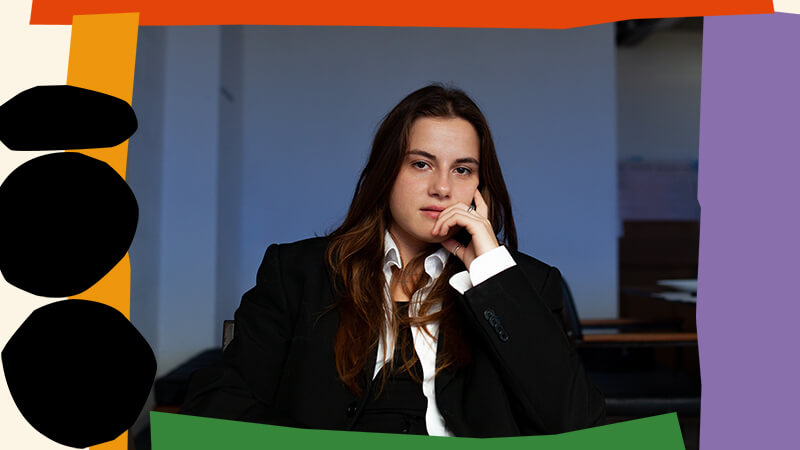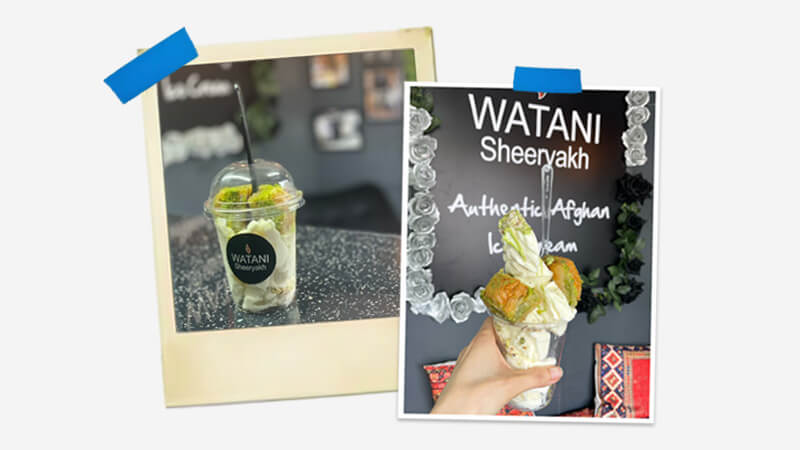Why Are Black Beauty Entrepreneurs Still Fighting For Investment Equality?
If we’re going to talk about money and Black beauty entrepreneurs, a good place to start is with the story of Sarah Breedlove. Working as a washerwoman in Louisiana in the early 1900s on $1.50 a day, she launched her debut product Wonderful Hair Grower with an initial investment of $1.25 of her savings. In 1906, she changed her name to Madam C. J. Walker and incorporated her business using $10,000 of her own money to secure 100% stock ownership, after failing to obtain outside investment. She went on to build a beauty empire and is considered the first female self-made millionaire in the US, a phenomenal feat considering the racially segregated society in which she lived.
In 2023, Black-owned beauty brands fill the shelves of big chains and independent stores. But despite Black women now being the fastest growing demographic of entrepreneurs in the US, they are still struggling to secure early-stage investment.
The digitalundivided report by Project Diane, a study tracking entrepreneurs of colour, found that for the first time ever in 2021, Black and Latina female startup founders in the US received over 1% of venture capital (VC) investment. In the UK, between 2009 and 2019, approximately 40 Black founders received VC funding, equating to less than 0.4% of all funds allocated.
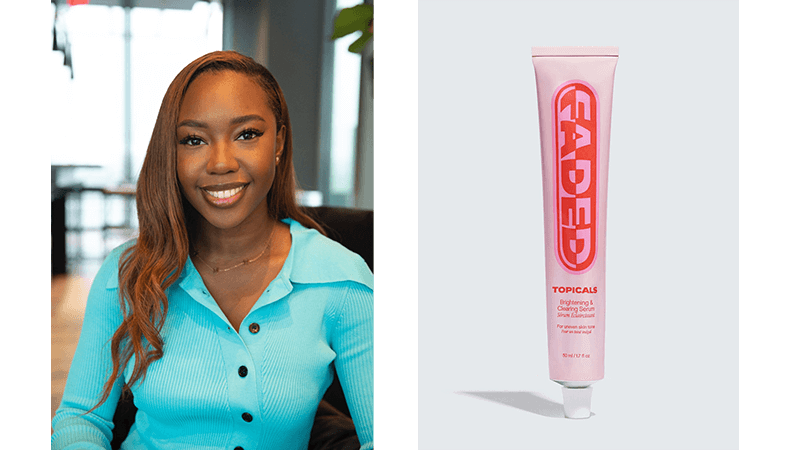
Olamide Olowe launched her skincare brand Topicals in 2020 with instant bestseller The Faded Serum, a pigmentation-correcting formula. As a pre-med undergraduate student, her approach was scientific. “I was reading academic journals and studying skin conditions such as eczema and acne,” she says. The serum was designed for and tested on all skin tones, with a focus on skin of colour. As Olowe explains, this is because the higher activity of pigment-generating skin cells in Black skin makes the symptoms of chronic skin conditions more visually pronounced. “We knew that if we could prove that it worked well on darker skin, it would work effectively on all skin tones,” she says.
Nevertheless, she struggled to convince VCs of its universal appeal. Olowe approached over 100 investors before she heard the first yes. “I would explain how a quarter of Americans live with chronic skin conditions to show that these problems are endemic, not just restricted to darker skin tones,” she says.
Raising the $2million she needed to launch took two years. “Entrepreneurs can lose momentum waiting for investment if the product concept is out in the public domain, but they aren’t able to bring the idea to market,” says Olowe. “This means that their ideas are at a greater risk of being imitated by competitors who can secure funding faster.”
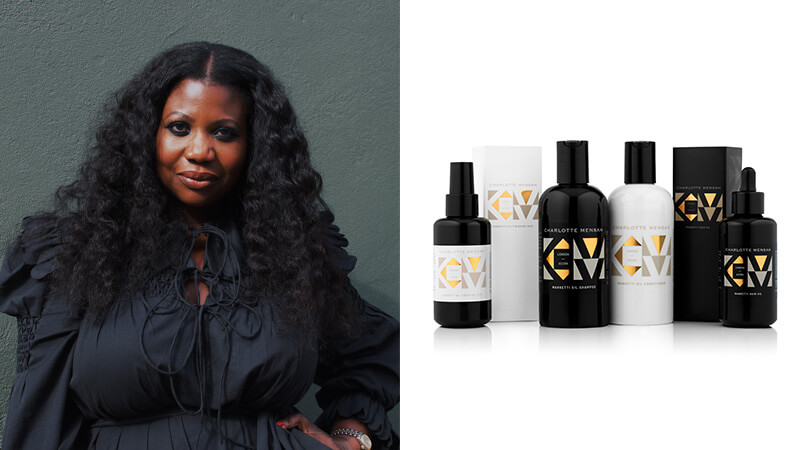
In 2016, British-Ghanaian hairstylist Charlotte Mensah self-funded the namesake haircare line she created for all hair types. “I managed the product development without any formal investment. I was fortunate to have family and friends who supported me financially,” she says. She found that misrepresentation was a hurdle to success; her Manketti Oil haircare line was often miscategorised in the media as Afro haircare. This meant that the glowing reviews didn’t initially translate to commercial growth, and it took two years to break into retail.

Loretta De Feo had similar experiences promoting Dizziak, the haircare line she launched in 2018. “The brand mission is to make powerful, hydrating products with elegant formulations accessible and effective for all hair types, especially Afro and curly hair,” she explains. De Feo – who welcomed Service95 founder Dua Lipa as a Dizziak investor in 2022 – independently funded samples of her first product concept, but problems arose as she began to scale up the start-up. “Some retailers were willing to sell Dizziak online, but hesitant to give us in-store shelf space,” she says. “I spoke to a few VCs who, before they had even reviewed the materials, redirected me to Black or minority-focused funds. It’s limiting. There are great people in the business, but there is still some way to go.”
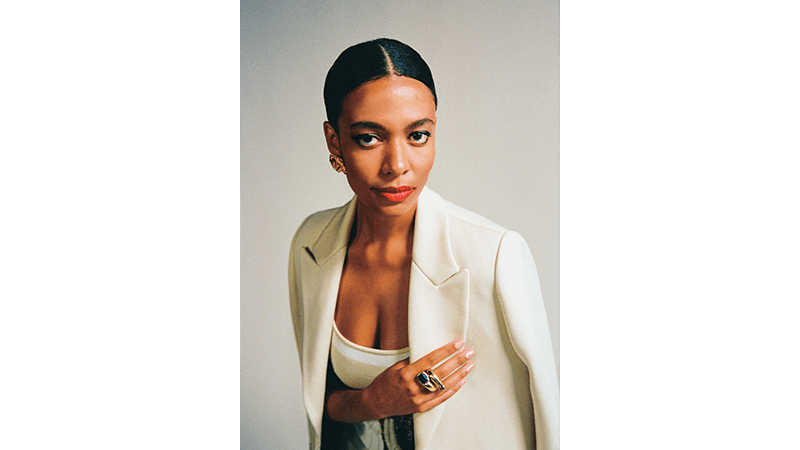
Many of the minority-focused initiatives that De Feo refers to were born in 2020, during the period of social unrest following the death of George Floyd. The most prominent was the Fifteen Percent Pledge, a racial equity nonprofit founded by creative director and activist Aurora James. Its objective: to increase representation of Black-owned businesses on the shelves of retailers to 15%. Since its launch, 29 major retailers have signed multi-year contracts in agreement with the pledge. James has since announced a new project, the Friends and Family Collective: a parity fund dedicated to Black entrepreneurs.
While the emergence of these initiatives might suggest progress, many now fear a backslide. One major cause for concern is the US Supreme Court’s decision in June 2023 to overturn Affirmative Action, a 58-year-old precedent that supported race-conscious hiring decisions in businesses.
The decision has encouraged conservative activist group the American Alliance for Equal Rights (AAER) to bring a lawsuit against Atlanta-based non-profit the Fearless Fund – a VC founded by Arian Simone and Ayana Parsons – that funds female business owners of colour. The AAER claims the Fearless Fund is operating a “racially discriminatory program”. There’s a real possibility that this claim could succeed in court, threatening the continuance of all minority-focused funds.
However, in a major act of solidarity, more than 70 venture funds have signed an open letter denouncing the lawsuit against the Fearless Fund. The letter, signed by prominent investors of colour including Kimberley Nixon and Shila Nieves Burney, reads: “This approach to twist efforts to counter the impacts of racial and gender discrimination as harmful to women of color is not only transparent, unoriginal, and unconvincing, but it also unjustly targets Black Women while threatening the civil rights of all women… We will fight and we will persist.”
Elsewhere, there are fresh causes for hope. This year, US beauty brand Glossier expanded its Glossier Grant Program – which provides funding, training and support for Black-owned beauty start-ups – into the UK.
Roya Shariat, Glossier’s director of impact, says that the focus is on building autonomy: “This programme is about solidarity, not charity – we provide this funding without taking a stake in the business. We offer one-to-one sessions with functional experts and connections beyond Glossier and the beauty industry.”
It also encourages founders to come together as a network. For Nicole Crentsil – the CEO of Black Girl Fest, which is partnering with Glossier on the grant programme in the UK – this is key to progression. And she is hopeful that the buy-in of global brands in supporting the Black beauty entrepreneurs of the future can help to turn the tide in favour of a more inclusive investment landscape. “One of the major barriers for Black beauty founders is access to funding, expansion of networks and the cultural capital to grow their businesses,” she says. “The support from Glossier is a perfect example of how bigger businesses can pay it forward for future generations of entrepreneurs.”
Chioma Ezeh is a writer and artist from London

